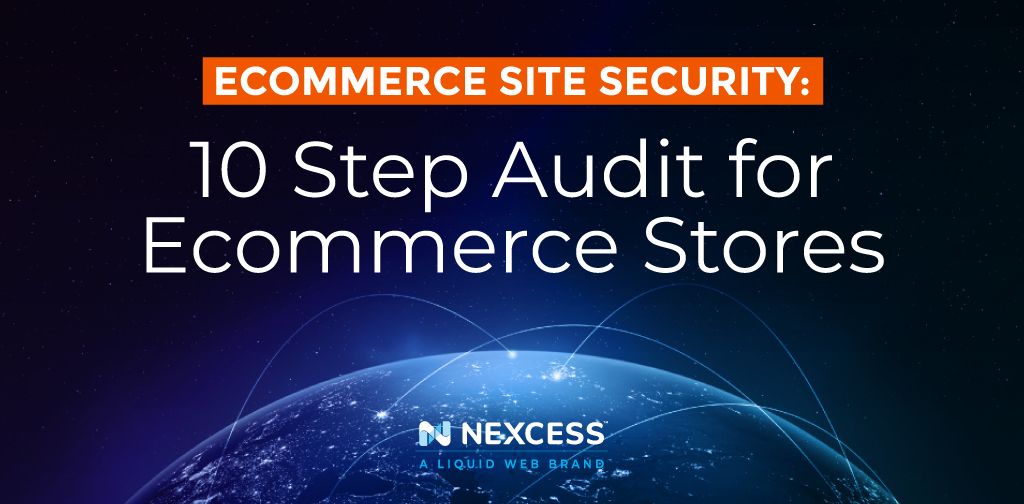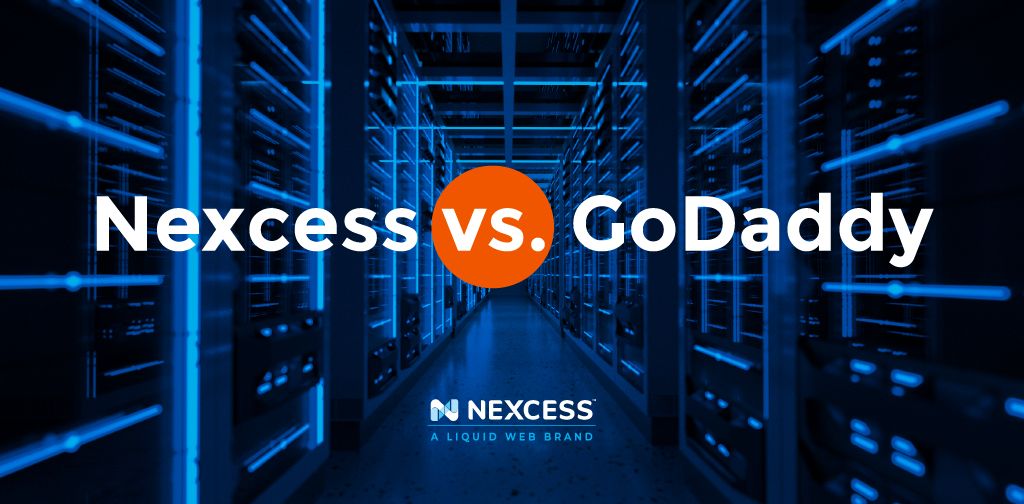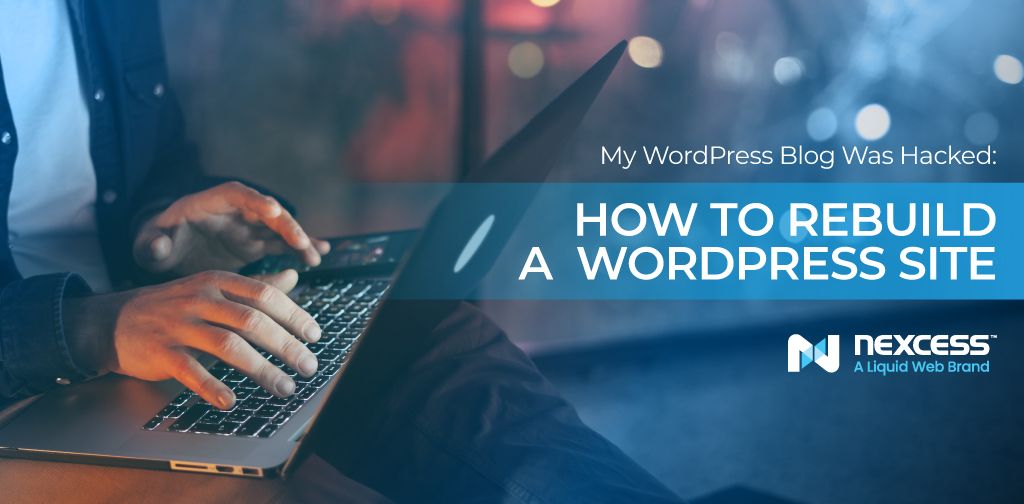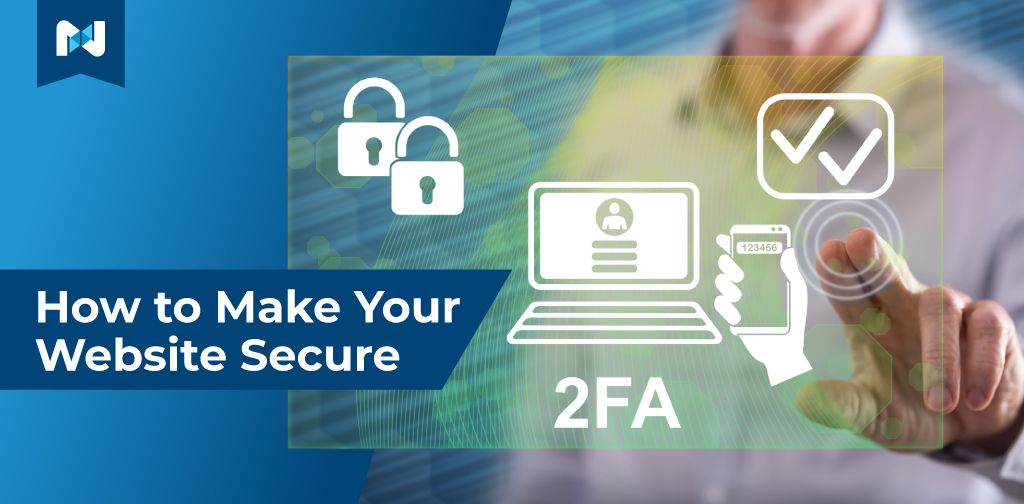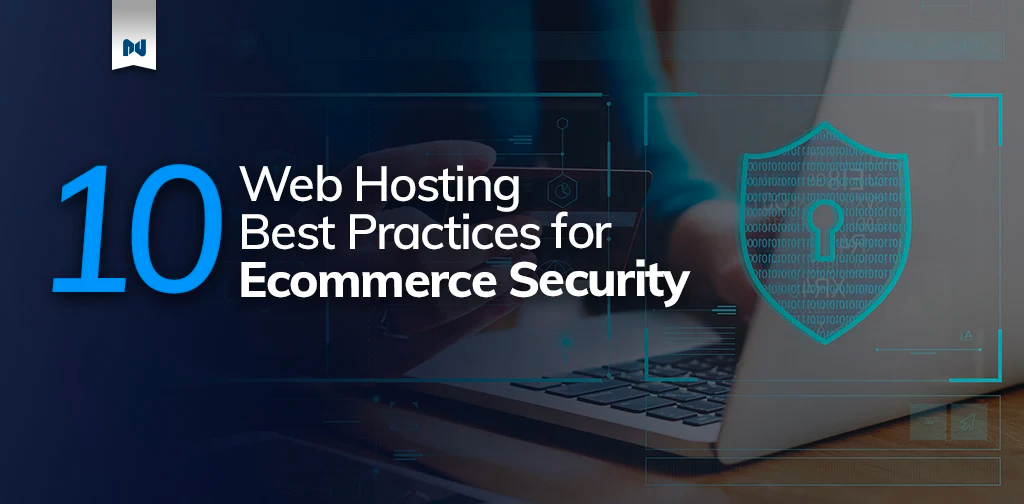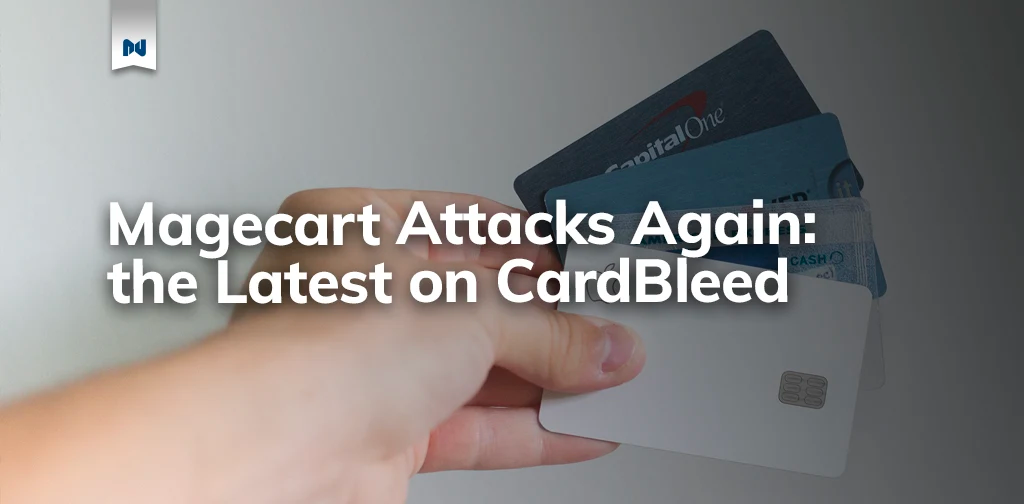
Ecommerce Fraud Prevention Techniques to Try
Try these ecommerce fraud prevention techniques to keep your store safe. Learn how online store fraud happens. Read this blog for website fraud prevention tips.
Try these ecommerce fraud prevention techniques to keep your store safe. Learn how online store fraud happens. Read this blog for website fraud prevention tips.
Learn how to secure your ecommerce website and protect your online store with these 10 steps in this blog.
The GoDaddy WordPress data breach put users' data at risk.
Learn how to rebuild a WordPress site after getting hacked.
Website security is crucial. Learn how to make your website secure in this blog.
Ecommerce sites are at an elevated risk due to sensitive payment data. Ensure ecommerce security on your site with these 10 best practices.
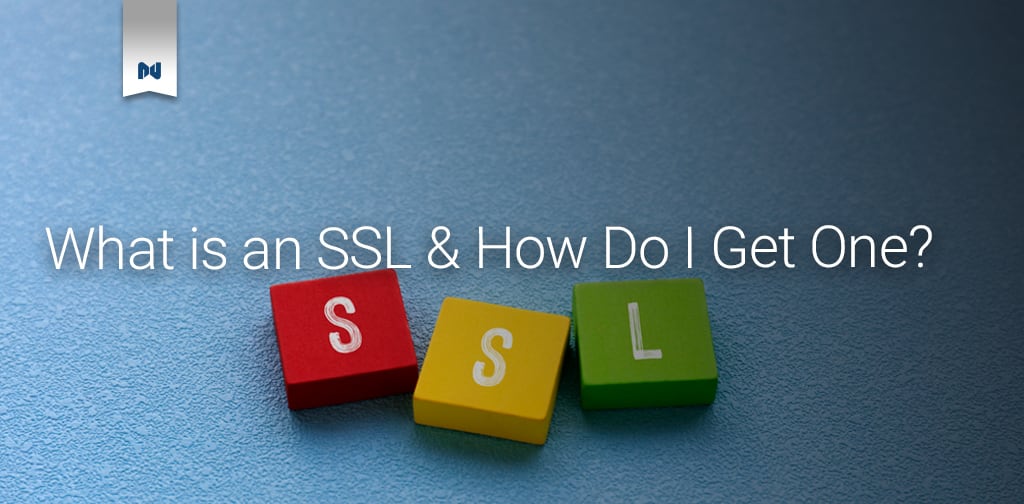
What is an SSL certificate? What is an SSL certificate used for? And how does an SSL certificate work? This blog answers all these questions. Read here.

Learn how to install an SSL certificate in 4 new ways. Learn how to install an SSL certificate in Cpanel. Learn how to install an SSL certificate on Apache.
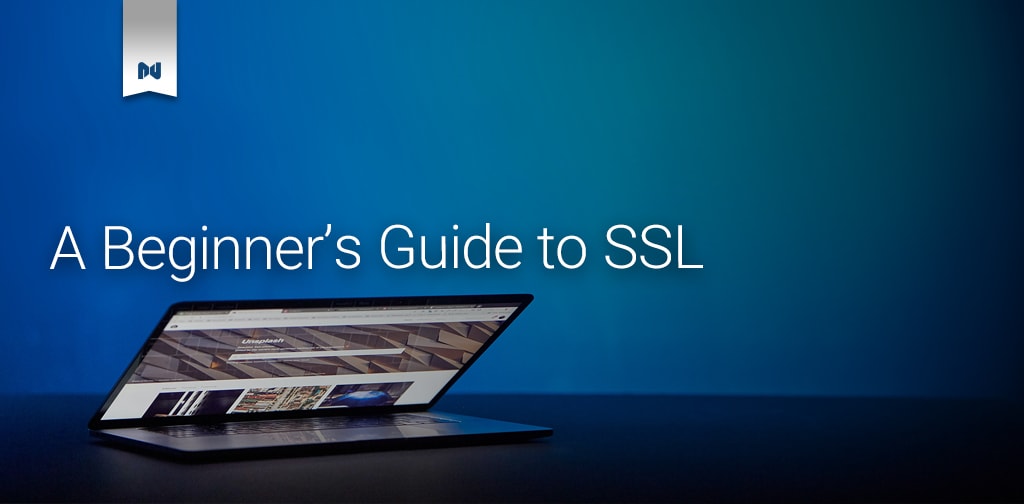
By this point you surely have noticed the little padlock that appears next to a website’s address bar when browsing the web – and perhaps even gotten a security warning when that’s not configured correctly. What does it mean, why should you want it and how can you get it on your own website?
Magecart attacks against Magento 1 stores won’t stop. The best kind of protection against external attacks is a mix of server side protection in the form of a WAF plus modules and patches to keep your store protected.
Your inbox needs more Nexcess
Grow your online business faster with news, tips, strategies, and inspiration.
